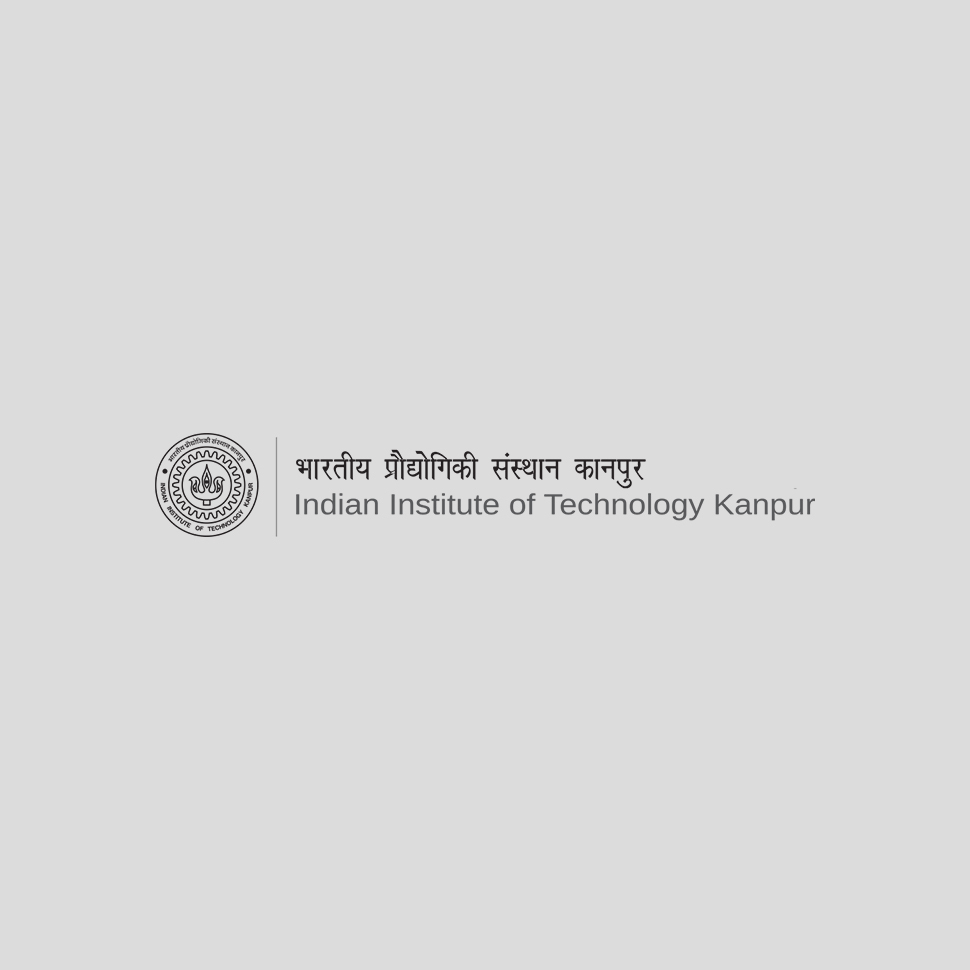
Researchers at IIT Kanpur discovers molecular mechanism of complement receptor activation and signalling which is a vital part of our immune response
- The study has been published in the international scientific journal, Cell.
- The team tried to understand the process of working of receptors, including how they recognize their targets, activate, and control signaling
Kanpur , 19 October 2023
Source: Information and Media Outreach Cell, IIT Kanpur
A team of researchers led by Prof Arun K Shukla from the Department of Biological Sciences and Bioengineering (BSBE), Indian Institute of Technology Kanpur (IITK) has discovered the molecular mechanism of complement receptor activation and signaling which is a vital part of our immune response. The study has been published in the international scientific journal, Cell.
The team based their research on the complement system which is a vital part of our immune response, and its dependence on molecules called anaphylatoxins, like C3a and C5a, which interact with specific receptors known as C3aR and C5aR1. They tried to understand the process of working of the receptors, including how they recognize their targets, activate, and control signaling, which have largely remained a mystery.
The researchers used a powerful imaging technique called cryo-EM in the study to reveal the inner workings of these receptors when they are activated by natural and synthetic compounds. They have discovered unique binding pockets where anaphylatoxins attach to these receptors, shedding light on how the receptors become activated and engage with signaling proteins.
Additionally, the study also uncovers a natural mechanism where C5a's inflammatory response is reduced through the removal of a specific part of the molecule. It also identifies a peptide that selectively activates C3aR, demonstrating that the receptors can respond differently to various compounds.
In essence, this research provides a clearer understanding of how anaphylatoxin receptors function, which are important drug targets for inflammatory disorders such as arthritis, asthma, sepsis and many more. This study has important implications for novel drug discovery in several human disease conditions.
Apart from Prof Arun K Shukla the team comprised Mr. Manish K Yadav, Department of BSBE IITK, Mr. Jagannath Maharana, Department of BSBE IITK, Mr.Ravi Yadav, Molecular and Computational Biology Section, Department of Biological Sciences, University of Southern California, Mr. Ramanuj Banerjee, Department of BSBE IITK, and Mr. Cornelius Gati, Molecular and Computational Biology Section, Department of Biological Sciences, University of Southern California.
Link for the article: https://doi.org/10.1016/j.cell.2023.09.020.
About IIT Kanpur:
Indian Institute of Technology (IIT) Kanpur was established on 2nd November 1959 by an Act of Parliament. The institute has a sprawling campus spread over 1055 acres with large pool of academic and research resources spanning across 19 departments, 22 centres, and 3 Interdisciplinary programs in engineering, science, design, humanities, and management disciplines with more than 550 full-time faculty members and approximately 9000 students. In addition to formal undergraduate and postgraduate courses, the institute has been active in research and development in areas of value to both industry and government.
For more information, visit www.iitk.ac.in.




